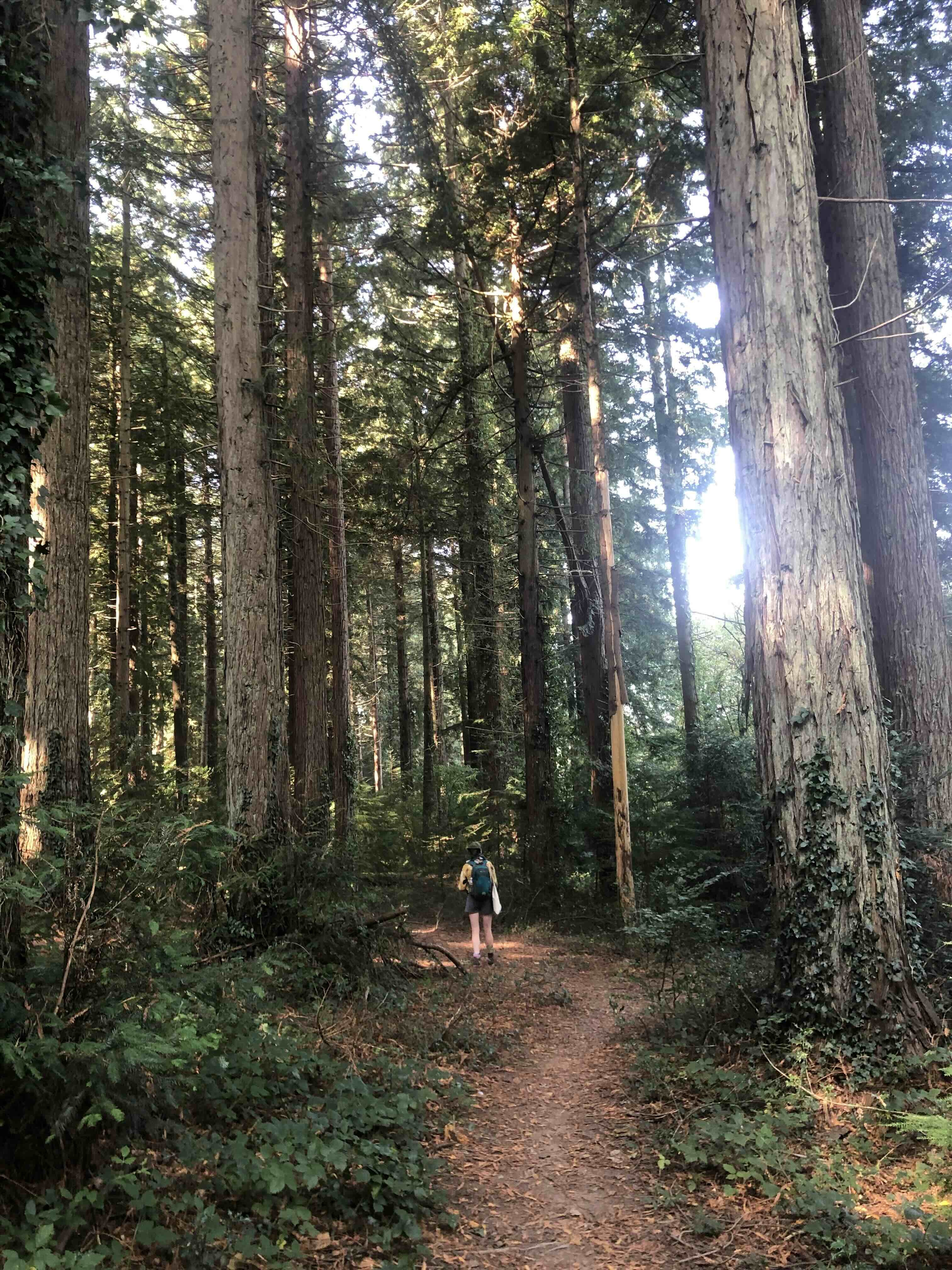
A Wayfaring Approach to Research in Action
Our research is practice led - we engage in research within the living and working situations we are already a part of. As researchers we work reflexively with events arising in our experience. We begin by paying detailed attention to situations that strike us, noticing what is stirred in us and others, what questions begin to arise and what directions for inquiry this points us in, to then purposefully open up such pathways. Over the years we have cultivated a number of specific inquiry practices and disciplines, that are informed by phenomenological, narrative and reflexive methods, that serve seeing more, exploring how contextual judgements are made and how responsive action may be tried. As a community of inquiry we support and challenge one another in regular reflexive dialogue, in person and on-line; and we share work in progress within small peer groups, and via our website's member-only workspace, to offer and receive thoughtful comment.
RinA Research Fellows
While a PhD is one way some of our researchers formalise their research, the RinA Fellowship offers a less academic, yet rigorous alternative for practioner-researchers seeking validation and growth, who want to be supported to produce and publish influential work. Faculty can offer supervision of a more academic nature while we also welcome practitioner researchers who support and mentor artistic, poetic and performative methods of inquiry from around the world.
Stages of the RinA Research Fellowship track
After an initial exploratory phase, researchers can join a flexible, but structured and supported journey, the RinA Research Fellowship track, marked by stages of peer and community recognition and completed with work publicly recognised through Schumacher Society as an awarding body. The RinA Fellowship track is completed in stages, adapting to each researcher's pace and needs. Below we introduce these successive stages:
Beginning with scenes of practice
Inquiries begin by writing scenes from a researcher's working life - especially those striking moments that start to reveal core research questions. Writing from lived experience grounds the inquiry in real world contexts and concerns, ensuring it stays relevant, specific and practice-led. These scenes begin to build a portfiolio of inquiry, that allows a researcher to track and iterate their thinking from the very beginning to completion of the research, a process we consider essential.

Passing through a first 'Gateway'
A researcher gathers material and traces the path that enables a first articulation of a research inquiry, the phenomena appearing as the focus, and the researcher's understanding of the context and background of the questions being opened up. The Gateway takes the form of a spoken or performed presentation to a group of peers, external researchers, and colleagues from practice. It is a crucial moment for feedback—an opportunity to reflect on the path taken so far and consider how to move forward in the research.
Publishing a 'Preview'
Once the research is taking shape, a researcher is ready to compose an articulation of work-in-progress, in the form of a publication on the RinA website. Prior to publication the researcher engages with a tailored peer review process that helps to hone the work for the public sphere and sharpen a sense of what is needed for further research to completion. (Link to the previews)
Submitting work for the award of Research Fellow
The title of RinA Research Fellow is awarded to researchers who produce a substantial piece of research and make it publicly accessible—whether through a peer-reviewed article, a public exhibition, or a book publication. Often this includes a viva conversation with qualified peers in the field of practice the researcher is hoping to contribute to with their research. The quality of work produced by RinA Research Fellows is monitored and recognised by Schumacher Society, a UK registered educational Charity (https://schumachersociety.net).
How we organise as a community of inquiry practice
Since our founding in 2018 by three experienced researchers and convenors, Patricia Shaw, Martin Daly and Luigi Russi, we have grown into a diverse and self-organising community with distributed leadership woven together by a Community Convenor, currently Ruth Cross. Researchers meet regularly in small groups to share research and for a full community dialogue on line bi-monthly. We organise at least one in person gathering annually, hosted by a live project. A monthly on-line Commons Room sustains our governance conversation where we take decisions that shape and hold our evolving community of research in action. As Research Fellows graduate they step into mentoring and convening roles while founding faculty continue to partcipate and serve as community elders.
Joining the RinA Community
We are currently inviting interested practitioner-researchers to join small cohorts convened by experienced graduates who can explore our practices together before deciding whether to embark on the RinA Research Fellowship track. Currently we have both Portuguese speaking and English speaking cohorts. In the first instance please use the CONTACT US button the home page to make initial inquiries.
